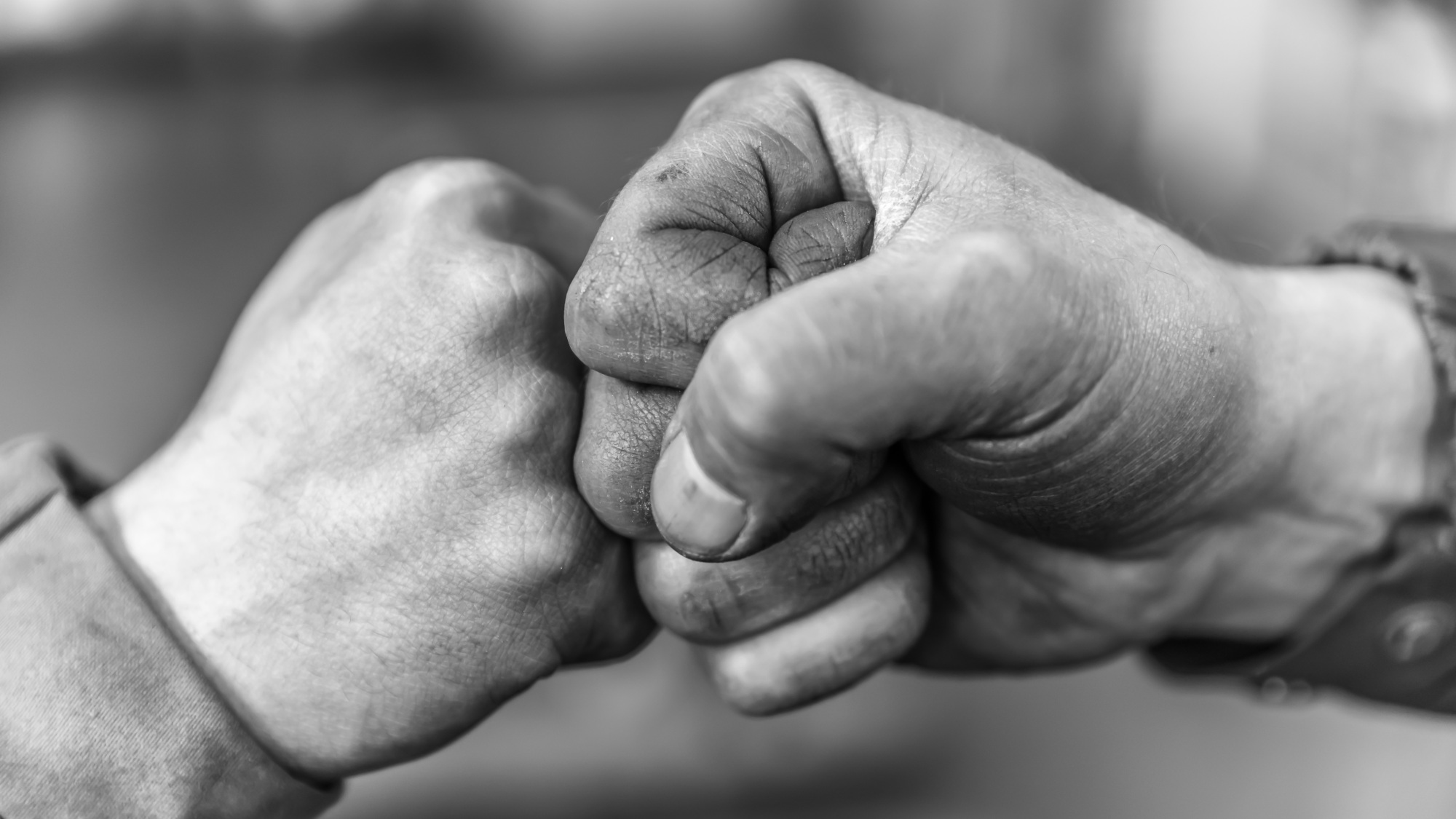
© KristelVandenBroeck / Adobe Stock
Solidarity: A Research Topic for 50 Years
Responsibility towards society has always been a key component of research
50 years ago on September 11, 1973, the military staged a coup in Chile. They overthrew the democratically elected president Salvador Allende and established a dictatorship under the leadership of Augusto Pinochet. This was highly protested in Bremen and there was enormous solidarity for freedom in Chile. Though only two years old, the university created opportunities to work and study for refugees. However, solidarity is not just a lived value at the university. Research about solidarity also has a long tradition.
The University of Bremen has a long history of support and solidarity with social movements and political changes throughout the world. It offered Chilean refugees opportunities for work and higher education in 1973. While the Federal Republic of Germany was still hesitant to take in Chilean refugees and differentiated between communists and non-communists due to the Cold War, the first refugees arrived in Bremen as early as December. As a symbol of solidarity with Chile, the art group “Brigada Luis Corvalán” created the 21-meter long painting “Terror and Resistance in Chile” in the style of traditional Mexican wall murals.
Since it was founded, the University of Bremen has assumed responsibility for society and worked on the pressing issues of the time. Solidarity is not just a lived value, but also the subject of research: “At the university, forms of institutionalized solidarity through state welfare and social policy have been researched for 50 years,” the social scientist Patrick Sachweh explained. This has always shaped the structure of the university – for example, with the foundation of the “Zentrum für Sozialpolitik” (Center for Social Policy – ZeS) in 1989, its development into SOCIUM – Research Center on Inequality and Social Policy in 2015, and most recently, the establishment of the “Deutsche Institut für Interdisziplinäre Sozialpolitikforschung” (German Institute for Interdisciplinary Social Policy Research – DIFIS).
Under What Conditions Is Global Solidarity Possible in a Fragmented World?
The Collaborative Research Center 1342 on “Global Development Dynamics of Social Policy” expands the analytical perspective from the national government level to connections between societies, as well as from the global North to the global South. The extent to which social, cultural, and political differences and conflicts undermine the cohesion of different social groups – and how this could be strengthened – will be investigated in the national “Forschungsinstitut Gesellschaftlicher Zusammenhalt” (Research Institute for Societal Cohesion – FGZ), of which Bremen is one of the coordinating locations.
“We want to bring together both of these research strands – institutionalized welfare state solidarity as well as societal cohesion – in a transnational collaboration format for a planned new research initiative on global solidarity called GlobaLab,” the social scientist said, who is one of the three spokespersons in GlobaLab. “Our central question is whether and under which circumstances global solidarity is possible in an increasingly fragmented world. We would like to create a new research infrastructure with the ‘Bremen Collaboratory on Global Solidarity’ to connect different substantive, analytical, and methodological perspectives and approaches from the entire world and bring together researchers from across the world to cooperate as equals.”
Climate Crisis, Violence, and Inequality: Unsolvable without Solidarity
GlobaLab begins by focusing on three worldwide challenges that cannot be solved without solidarity: the climate crisis, violent conflicts and wars, and global economic inequalities. “In order to overcome these problems, very different countries and their inhabitants must work together. Solidarity here would necessitate reciprocal support and help amongst very unequal and heterogeneous countries – between strong and weak, rich and poor, those directly threatened by climate change and those who are not as affected.”
The GlobaLab research initiative is competing as part of the new edition of the Federal Government’s Excellence Strategy. The newly submitted projects from the University of Bremen are from the material sciences, engineering, social sciences, and computer science.